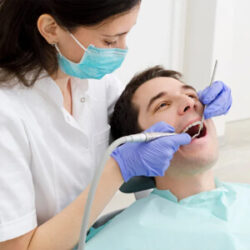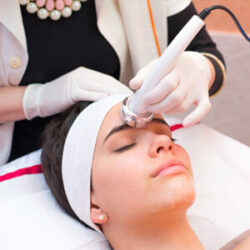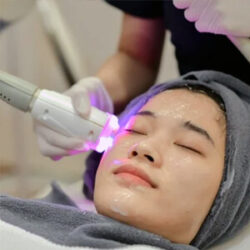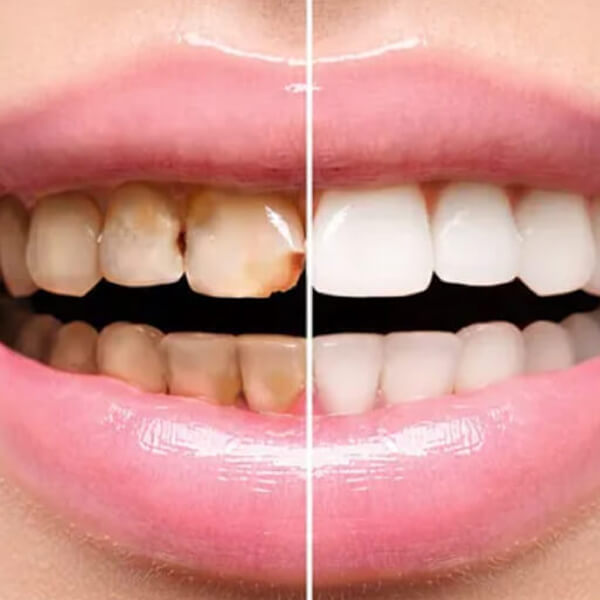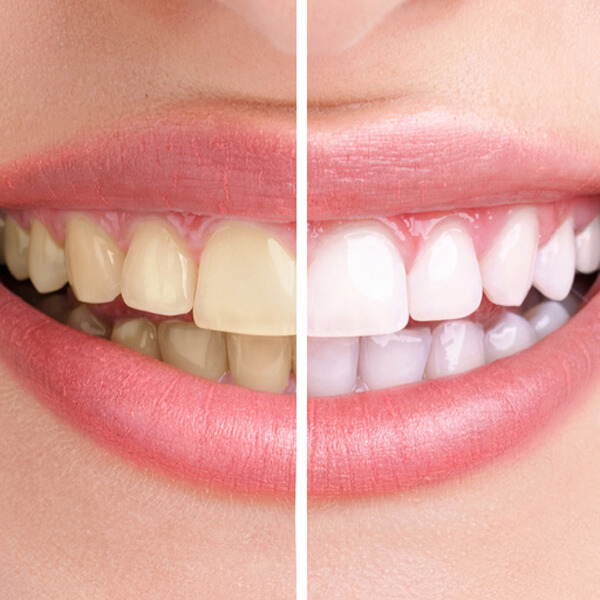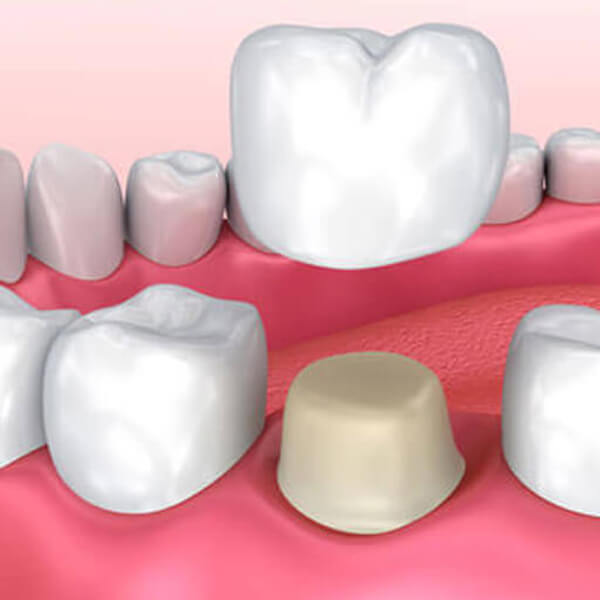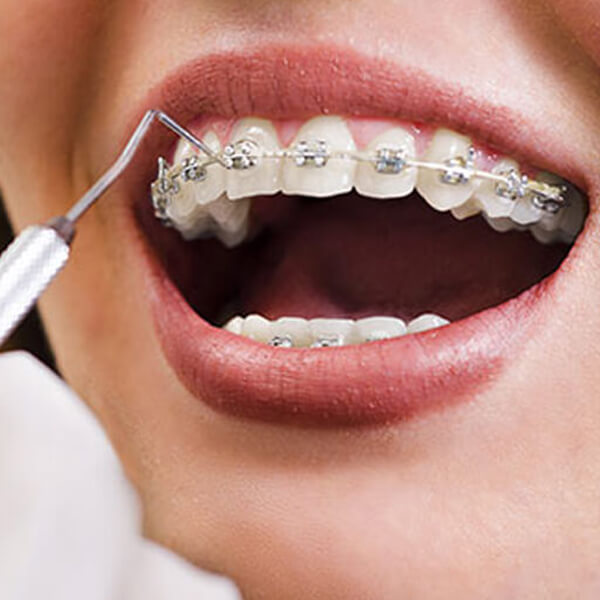When to Get Dentures?
All teeth have been lost in the upper or lower jaw – Complete Denture. Several teeth in the upper or lower jaw have been lost – Partial Denture. Dentures can help to improve your smile and facial appearance, improve your chewing, speech, and digestion.
What is The Process of Getting Dentures?
The process of getting dentures requires several appointments, usually over several weeks. Highly accurate impressions (molds) and measurements are taken and used to create your custom denture. Several “try-in” appointments may be necessary to ensure proper shape, color, and fit. At the final appointment, we will precisely adjust and place the completed denture, ensuring a natural and comfortable fit.
It is normal to experience increased saliva flow, some soreness, and possible speech and chewing difficulty, however this will subside as your muscles and tissues get used to the new dentures.
You will be given care instructions for your new dentures. Proper cleaning of your new dental appliance, good oral hygiene, and regular dental visits will aid in the life of your new dentures.
Are There Alternatives to Dentures?
Yes, dental implants are becoming the alternative to dentures but not everyone is a candidate for implants. Please contact us to find out if you are a candidate for dentures or implants.

